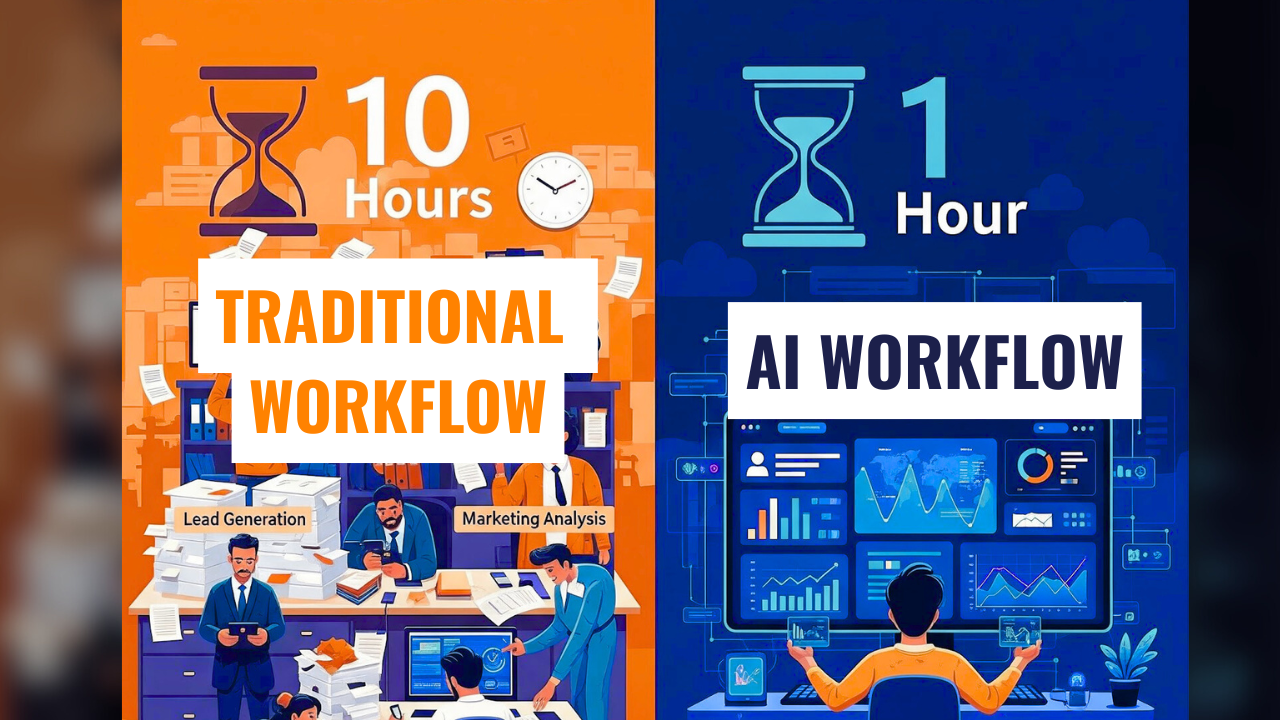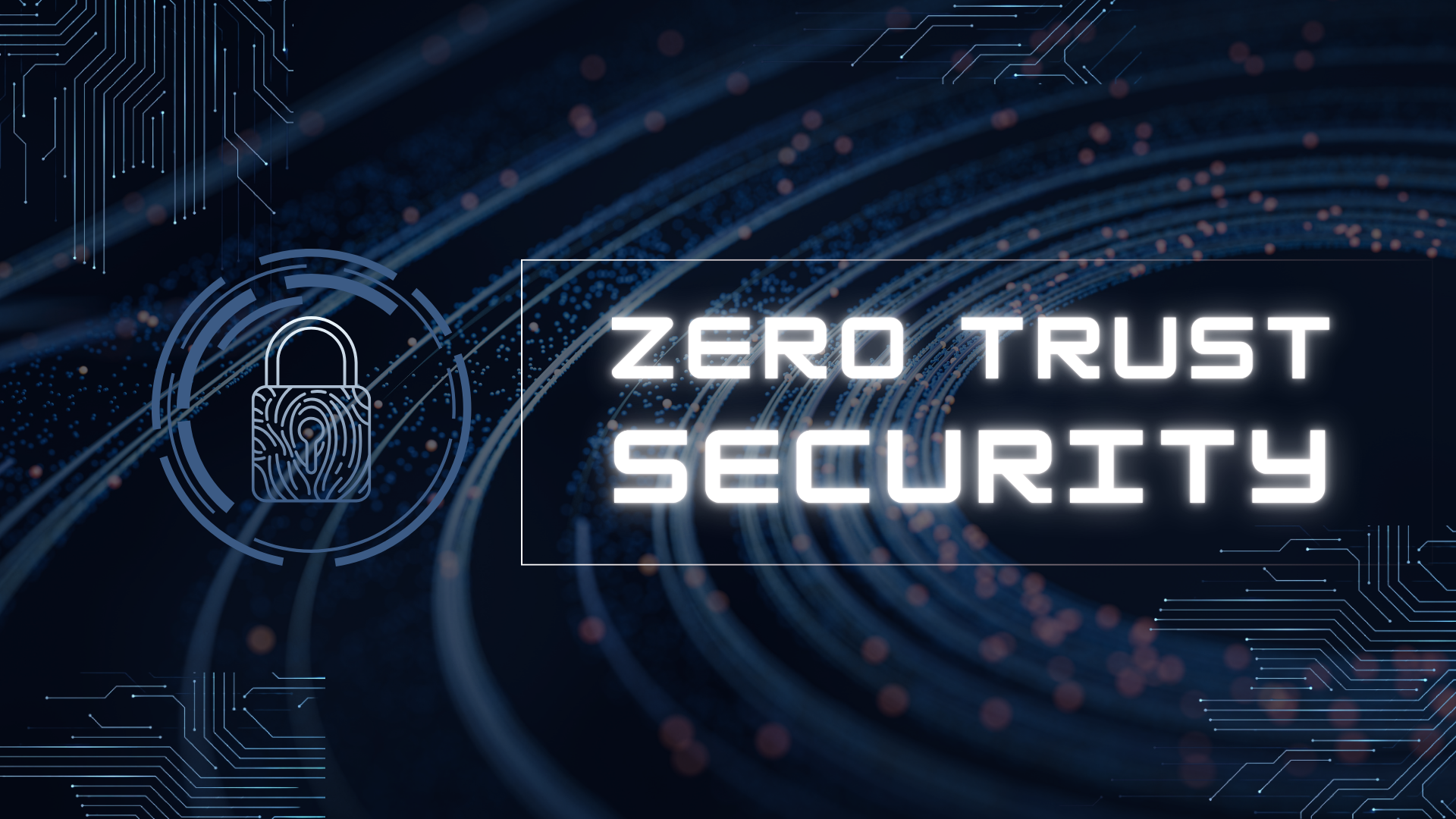
Must Have Certificates for Cloud Engineer
Cloud Certifications you should have in 2025 and Beyond
In the dynamic landscape of cloud computing, staying competitive is paramount, not merely an advantage. As 2025 unfolds, the demand for skilled cloud engineers is soaring, with organizations across all sectors increasingly relying on cloud infrastructure for innovation, efficiency, and resilience. For both aspiring and seasoned professionals, cloud certifications serve as tangible proof of expertise, signaling to employers that you possess the validated skills required to effectively design, deploy, manage, and optimize cloud solutions. While hands-on experience remains crucial, strategic certification acquisition acts as a powerful accelerator for career growth and specialization.
This guide details the most impactful and in-demand cloud certifications from the big three cloud providers—Amazon Web Services (AWS), Microsoft Azure, and Google Cloud Platform (GCP)—which dominate the global cloud market.
Core Cloud Certifications
Amazon Web Services (AWS)
AWS continues to lead the cloud market, making its certifications highly valuable.
-
AWS Certified Solutions Architect – Associate
-
Feature: Often considered the cornerstone for an AWS career, this certification validates a broad understanding of AWS services and how they integrate to create scalable, highly available, and cost-effective solutions. Employers view it as a baseline for cloud architecture or deployment roles.
-
Core Skills Validated: Designing distributed systems on AWS, cost-effective design, operational excellence, security, reliability, performance efficiency, and a deep understanding of core AWS services like EC2, S3, VPC, RDS, Lambda, and IAM.
-
Typical Roles & Career Trajectories: Cloud Solutions Architect (Associate), Cloud Engineer, DevOps Engineer, and Systems Administrator. It serves as an excellent stepping stone for advanced AWS certifications and leadership roles.
-
Exam Format & Prerequisites: The exam consists of 65 multiple-choice and multiple-response questions to be completed in 130 minutes. While there are no formal prerequisites, one year of hands-on experience with AWS is recommended.
-
Cost: $150 USD.
-
AWS Certified Developer – Associate
-
Feature: This certification is essential for engineers involved in developing and maintaining applications on AWS. With serverless and microservices architectures prevalent in 2025, understanding how to write cloud-native applications and interact with AWS services via APIs is crucial.
-
Core Skills Validated: Developing, deploying, and debugging cloud-based applications using AWS services; understanding of AWS SDKs, APIs, and CLI; working with serverless technologies (Lambda, API Gateway); database services (DynamoDB); and security best practices for applications.
-
Typical Roles & Career Trajectories: Cloud Developer, Software Engineer, DevOps Engineer, and Backend Developer. This certification can lead to specialized roles in serverless development or application modernization.
-
Exam Format & Prerequisites: Consists of 65 multiple-choice and multiple-response questions to be answered in 130 minutes. One year of experience developing applications using AWS is recommended.
-
Cost: $150 USD.
-
AWS Certified DevOps Engineer – Professional
-
Feature: Critical for automating software delivery and infrastructure management on AWS, this certification demonstrates advanced skills in continuous integration and continuous delivery (CI/CD), monitoring, logging, and incident response, which are non-negotiable for modern cloud operations.
-
Core Skills Validated: Implementing and managing CI/CD systems, automating security controls, governance, and compliance validation, implementing logging and monitoring solutions, and applying AWS services for high availability and fault tolerance.
-
Typical Roles & Career Trajectories: DevOps Engineer, Site Reliability Engineer (SRE), Senior Cloud Engineer, and Automation Specialist. This is a highly sought-after professional-level certification.
-
Exam Format & Prerequisites: Features 75 multiple-choice and multiple-response questions to be completed in 180 minutes. It requires an Associate-level certification (preferably Solutions Architect or Developer) and significant experience with AWS.
-
Cost: $300 USD.
Microsoft Azure
Azure continues to expand its enterprise market share, making its certifications vital for many organizations.
-
Microsoft Certified: Azure Administrator Associate (AZ-104)
-
Feature: This is the foundational operational certification for Azure, considered a must-have for anyone responsible for implementing, managing, and monitoring an organization's Microsoft Azure environment. It proves core competency in managing the day-to-day operations of Azure infrastructure.
-
Core Skills Validated: Managing Azure identities and governance, implementing and managing storage, deploying and managing Azure compute resources, configuring and managing virtual networking, and monitoring and backing up Azure resources.
-
Typical Roles & Career Trajectories: Azure Administrator, Cloud Administrator, Systems Engineer, and IT Operations Specialist. It serves as the gateway to more specialized Azure paths.
-
Exam Format & Prerequisites: The exam includes 40-60 questions (multiple-choice, drag-and-drop, case studies) and has a duration of 120 minutes. Six months of hands-on experience with Azure administration is recommended.
-
Cost: $165 USD.
-
Microsoft Certified: Azure Solutions Architect Expert (AZ-305)
-
Feature: This expert-level certification is paramount for those designing solutions on Azure. It demonstrates the ability to translate business requirements into secure, scalable, and reliable Azure solutions, a skill consistently in high demand.
-
Core Skills Validated: Designing identity, governance, and monitoring solutions; designing data storage solutions; designing business continuity solutions; and designing infrastructure solutions (networking, compute).
-
Typical Roles & Career Trajectories: Azure Solutions Architect, Senior Cloud Architect, and Enterprise Architect. This certification is a key differentiator for leadership and strategic roles.
-
Exam Format & Prerequisites: The exam contains 40-60 questions (multiple-choice, drag-and-drop, case studies) and lasts between 120-150 minutes. It requires passing the AZ-104 Azure Administrator Associate exam or having equivalent experience.
-
Cost: $165 USD.
-
Microsoft Certified: Azure DevOps Engineer Expert (AZ-400)
-
Feature: Similar to its AWS counterpart, this certification is crucial for implementing DevOps practices using Azure technologies. It bridges the gap between development and operations, ensuring efficient and automated software delivery lifecycles, a top business priority in 2025.
-
Core Skills Validated: Implementing a DevOps instrumentation strategy, implementing a security and compliance plan, managing source control, implementing continuous integration, implementing continuous delivery, and implementing dependency management.
-
Typical Roles & Career Trajectories: Azure DevOps Engineer, Release Engineer, Site Reliability Engineer (SRE), and Automation Engineer.
-
Exam Format & Prerequisites: The exam consists of 40-60 questions (multiple-choice, drag-and-drop, case studies) and has a duration of 150 minutes. It requires passing either the AZ-104 Azure Administrator Associate or AZ-204 Azure Developer Associate exam.
-
Cost: $165 USD.
Google Cloud Platform (GCP)
GCP is gaining significant traction, particularly in data analytics, AI/ML, and hybrid cloud environments, which makes its certifications increasingly valuable.
-
Google Cloud Certified – Associate Cloud Engineer
-
Justification: This is GCP's foundational operational certification, a "must-have" for anyone beginning their journey with GCP or needing to perform day-to-day operations. It verifies a fundamental understanding of deploying and managing applications and infrastructure on GCP.
-
Core Skills Validated: Setting up a cloud solution environment, planning and configuring a cloud solution, deploying and implementing a cloud solution, ensuring successful operation of a cloud solution, and configuring access and security. It covers core services like Compute Engine, Cloud Storage, VPC, and App Engine.
-
Typical Roles & Career Trajectories: Cloud Engineer, Systems Administrator, and Cloud Operations Specialist. It is the recommended first step for all other GCP certifications.
-
Exam Format & Prerequisites: The exam includes 50-60 multiple-choice and multiple-select questions to be completed in 120 minutes. Six or more months of hands-on experience with GCP is recommended.
-
Cost: $125 USD.
-
Google Cloud Certified – Professional Cloud Architect
-
Feature: For architects designing robust, scalable, and secure solutions on GCP, this expert-level certification is indispensable. It validates the ability to translate business objectives into concrete GCP architectures, a highly valued skill as more enterprises adopt GCP.
-
Core Skills Validated: Designing and planning a cloud solution architecture, managing and provisioning cloud infrastructure, designing for security and compliance, analyzing and optimizing technical and business processes, managing implementation, and ensuring solution reliability.
-
Typical Roles & Career Trajectories: Cloud Solutions Architect, Enterprise Architect, and Senior Cloud Consultant. This is GCP's flagship professional certification.
-
Exam Format & Prerequisites: The exam comprises 50-60 multiple-choice and multiple-select questions to be answered in 120 minutes. Three or more years of industry experience, including one or more years designing and managing solutions on GCP, is recommended.
-
Cost: $200 USD.
-
Google Cloud Certified – Professional Data Engineer
-
Justification: With the explosion of data and the increasing reliance on data-driven insights, this certification is becoming a critical must-have for any cloud engineer specializing in data. GCP excels in data analytics services, making this certification particularly potent for roles involving data pipelines, machine learning, and business intelligence.
-
Core Skills Validated: Designing and building data processing systems, operationalizing machine learning models, ensuring solution quality, and designing for security and compliance. It covers services like BigQuery, Dataflow, Dataproc, and Vertex AI.
-
Typical Roles & Career Trajectories: Data Engineer, ML Engineer, Business Intelligence Engineer, and Big Data Specialist. This certification opens doors to highly specialized and in-demand data roles.
-
Exam Format & Prerequisites: The exam consists of 50-60 multiple-choice and multiple-select questions, with a duration of 120 minutes. Three or more years of industry experience, including one or more years designing and managing solutions using GCP, is recommended.
-
Cost: $200 USD.
Strategic Certification Planning
Acquiring certifications should be a strategic endeavor, not a random collection.
-
Define Your Career Goals: Your long-term vision—whether an architect, DevOps specialist, security expert, or data engineer—should guide your certification choices.
-
Assess Your Current Experience: If new to a platform, begin with foundational or associate-level certifications instead of immediately attempting expert levels without substantial hands-on experience. For those already managing or developing cloud solutions, associate-level certifications are a direct match, validating practical skills and being highly valued by employers.
-
Choose Your Cloud Provider(s): While multi-cloud proficiency is valuable, consider focusing on one or two providers initially, especially if you are early in your career or if your current employer uses a primary cloud vendor.
-
Build a Roadmap: Plan a logical progression. For example, for AWS, start with Solutions Architect Associate, then potentially DevOps Professional or a Specialty certification. For Azure, AZ-104 is a common starting point, leading to AZ-305 or AZ-400.
-
Look at Job Descriptions: Research job descriptions for your desired roles to identify frequently mentioned "required" or "preferred" certifications, which indicate market demand.
-
Consider Industry Specialization: For roles in finance, healthcare, or the public sector, specific compliance or security certifications might be relevant.
For beginners, foundational certifications like AWS Cloud Practitioner ($100 USD), Azure Fundamentals (AZ-900, $99 USD), or GCP Cloud Digital Leader ($99 USD) are ideal for building core knowledge. For specialists or advanced roles, professional or expert-level certifications like AWS Solutions Architect Professional ($300 USD), Azure Solutions Architect Expert ($165 USD), GCP Professional Cloud Architect ($200 USD), or the vendor-neutral Certified Cloud Security Professional (CCSP, $599 USD) align with advanced responsibilities.
Complementing Your Certifications through Hands-On Experience
Certifications validate knowledge, but real-world experience solidifies understanding and builds confidence. Certifications are like a driver's license, proving knowledge of the rules, while hands-on experience is actually driving the car and handling unexpected situations. To gain this experience, you can:
-
Build personal projects by creating and deploying applications on your chosen cloud platform and experimenting with different services.
-
Participate in open-source projects related to cloud on platforms like GitHub.
-
Utilize free tiers and sandbox environments through homelabs and sandbox accounts to practice and learn without significant costs.
-
Seek opportunities at your current job or through volunteer work to apply your cloud knowledge and solve real-world problems.
-
Go beyond just following documentation and tutorials; strive to understand why certain steps are taken and how they impact the overall architecture.
Continuous Learning in Cloud: The Ever-Evolving Landscape
The cloud environment is in a "perpetual beta," with new services, updates to existing ones, and evolving best practices at a rapid pace.
-
Stay Informed: Follow cloud provider blogs, release notes, and industry news.
-
Re-certification: Most cloud certifications have a validity period, typically 2-3 years. Plan for re-certification by passing the latest exam version or completing continuing education modules to ensure your skills and credentials remain current.
-
Specialized Learning: Dedicate time to deeply explore areas like serverless, containers (Kubernetes), security, or AI/ML services as they become more central to cloud operations.
-
Community Engagement: Participate in online forums, user groups, and conferences, as learning from peers and experts is invaluable.
Emerging Trends and Niche Certifications
While core certifications provide a strong foundation, the cloud landscape continuously generates new specialized areas, offering a significant competitive advantage for engineers specializing in them.
-
Kubernetes and Containerization: As container orchestration becomes standard, vendor-neutral certifications like the Certified Kubernetes Administrator (CKA) or Certified Kubernetes Application Developer (CKAD) (via CNCF) are increasingly vital for DevOps and SRE roles. All major cloud providers also offer their own Kubernetes/container specialization certifications.
-
Cloud Security: With escalating cyber threats, dedicated cloud security expertise is paramount. Certifications such as (ISC)² CCSP (Certified Cloud Security Professional) ($599 USD), AWS Certified Security – Specialty ($300 USD), Microsoft Certified: Azure Security Engineer Associate (AZ-500, $165 USD), and Google Cloud Professional Cloud Security Engineer ($200 USD) are highly sought after. The vendor-neutral Certificate of Cloud Security Knowledge (CCSK, $395 USD) also covers cloud security fundamentals.
-
AI/ML in Cloud: The integration of Artificial Intelligence and Machine Learning into cloud services is accelerating. Certifications like AWS Certified Machine Learning – Specialty ($300 USD), Microsoft Certified: Azure AI Engineer Associate, or Google Cloud Professional Machine Learning Engineer ($200 USD) are critical for engineers building intelligent applications.
-
Data Engineering & Analytics: Beyond the Google Cloud Professional Data Engineer, certifications like AWS Certified Data Analytics – Specialty ($300 USD) and Microsoft Certified: Azure Data Engineer Associate ($165 USD) are essential for those focused on building and managing cloud-based data pipelines and data warehouses.
-
FinOps: Understanding financial operations for cloud (FinOps) is emerging as a crucial skill as cloud costs become a major concern. While formal certifications are newer, platforms like the FinOps Foundation offer training and certifications that combine financial accountability with cloud best practices.
Conclusion
The cloud engineering profession is exciting, challenging, and profoundly rewarding. In 2025 and beyond, a strategic approach to certifications is a critical component of professional growth. By focusing on the must-have core certifications from AWS, Azure, and GCP, complementing them with robust hands-on experience, embracing continuous learning, and keeping an eye on emerging trends, cloud engineers can ensure they not only keep pace with the industry but truly gain a competitive edge. Investing in your skills through certifications is an investment in your future employability and earning potential in the cloud engineering field.




Leave a comment
This site is protected by hCaptcha and the hCaptcha Privacy Policy and Terms of Service apply.